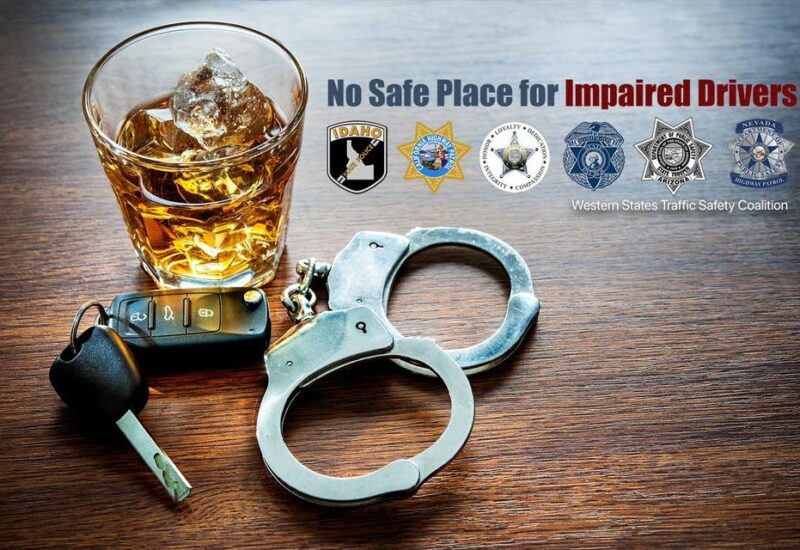
A probation violation is an offense that occurs when you break the terms or conditions of your probation. The punishment for probation violations usually depends on a variety of factors, such as the nature and seriousness of the violation, whether you have any prior violations, and whether there are other circumstances that may lessen the severity of the situation. A probation violation sentence may result in significant penalties including heavy fines, extended probation, jail time, or more.
Probation violation laws vary among the states and are governed by federal and state law. Generally, a probation violation occurs when you ignore, avoid, refuse, or otherwise break the terms or conditions of your probation at any time during the probation period. Probation typically runs from six months to three years, but may also last for several years depending on the original offense.
Probation may be violated in many different ways. Circumstances that may lead to a probation violation include: 1) Not appearing during a scheduled court appearance on a set date and time; 2) Not reporting to your probation officer at the scheduled time or place; 3) Not paying any required fines or restitution (to victims) as ordered by a court; 4) Visiting certain people or places, or traveling out of state without the permission of your probation officer; 5) Possessing, using, or selling illegal drugs; 6) Committing other crimes or offenses; and 7) Getting arrested for another offense, regardless of whether criminal or not.
There are different consequences for violating probation, depending on the nature of the violation. There is no set rule as to what happens immediately after a probation violation is reported. Probation officers have broad discretion to issue a warning or require you to appear in court for a probation violation hearing. In deciding, a probation officer may consider the severity and type of condition violated, past probation violations or warnings, and other considerations. If you’re requested to appear in court, the probation officer will request some form of penalty, which may potentially include jail time.
During a probation hearing, a sentencing judge will hear your case to consider whether you violated any terms or conditions of your probation. The prosecuting attorney will need to prove a violation occurred by a “preponderance of the evidence” standard, or by a likelihood of more than 50 percent. Factors a judge might consider include the nature, type, and seriousness of the violation claimed, as well as a history of prior probation violations and other aggregating or mitigating circumstances.
If you’re found guilty of a probation violation, sentencing will occur shortly after the hearing, at which time the court may extend your probation, impose additional probation terms, order you to serve a brief time in jail, or revoke your probation altogether and require you to serve out any remaining time of your original sentence in prison. Factors a judge may consider in determining your sentence may include the nature and manner of the offense and whether the offender was a “first-time” or “repeat” offender, among other considerations.
If you or a loved one is in a bind as a result of a criminal charge, immediately contact a Seattle Criminal Attorney. A Criminal lawyer is not going to judge you and understands that everyone makes mistakes. Hiring a Seattle Criminal Lawyer to help can – at a minimum – reduce penalties and can help direct people on how to best deal with their criminal charge, and many times even get them dismissed. So, it should go without saying that someone cited for a misdemeanor or felony should hire a qualified Seattle Criminal Lawyer as soon as possible. Criminal charges can cause havoc on a person’s personal and professional life. Anyone charged with a crime in Washington State should immediately seek the assistance of a seasoned Seattle Criminal Lawyer. SQ Attorneys can be reached at (425) 359-3791 and/or (206) 441-0900.


